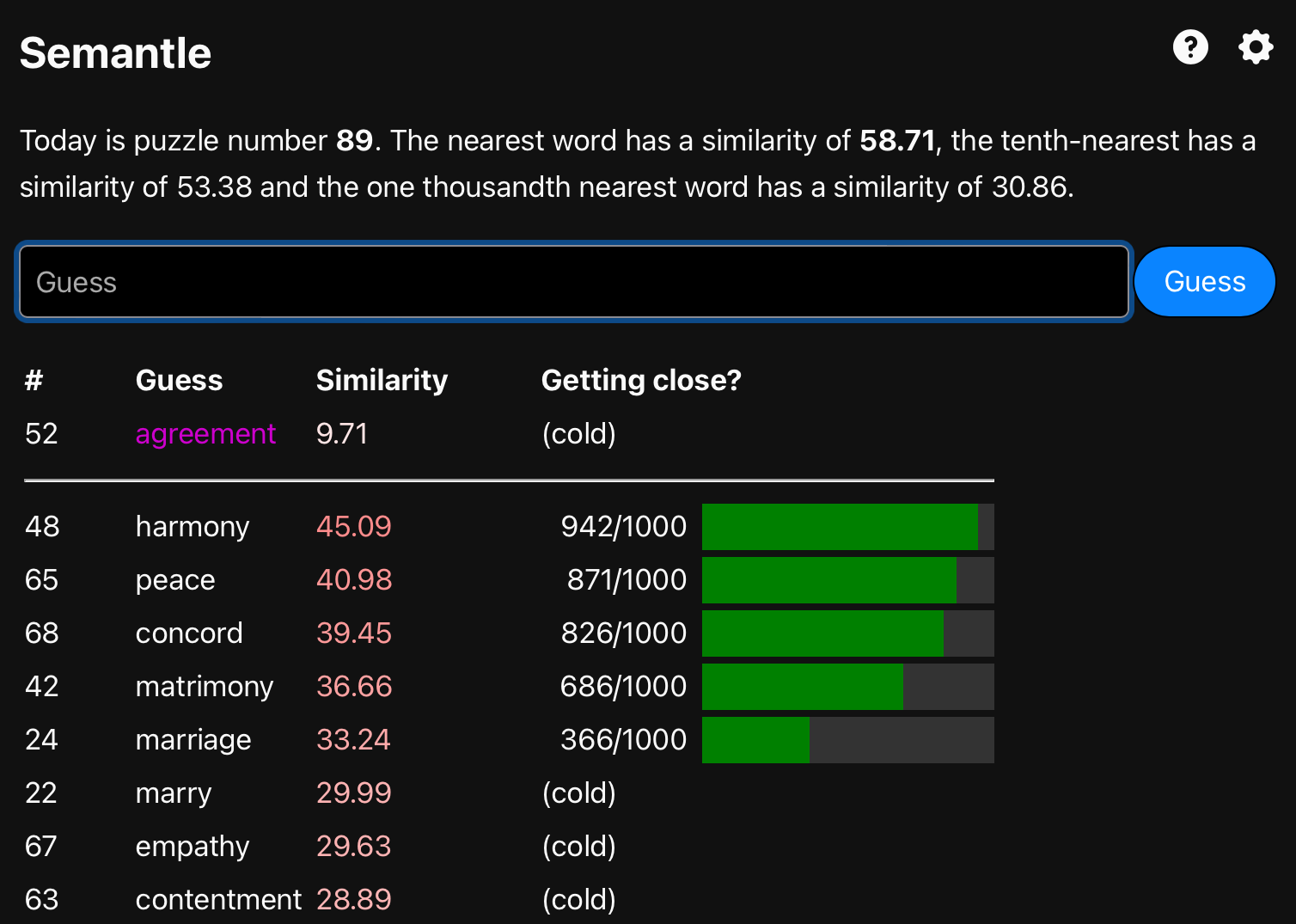|
Hi, {name}: Like you are, I imagine, I'm angry this week at the news that the Supreme Court is preparing to do what we all feared, and take women's rights away from them in the name of letting states dictate how to treat their citizens. (The ostensible reason; this is really about hating women.) I'm also feeling that sickening fear of knowing things are going to change, and that they're going to change for the worse. Alito is lying in his draft opinion that 'the [1973 Roe v. Wade] decision has had damaging consequences.' Abortion access makes our world more equal, and thus more free, and thus more beautiful. I haven't wanted to imagine a world where that beauty and freedom are taken away from us, and now I have to. For someone like me who'll never personally need abortion services, this is the hardest part: waking up once again to my country's animosity toward so many of us. (Well, 59 percent of us in this instance.) What helps is remembering that our government, in whatever form it takes, is—I still believe—of us, by us, and for us. This week, I'm thinking of you all, finding solidarity in our numbers, and strength in our connection.
Endorsements 1. Beth Sullivan, Web Designer 2. Semantle Is Semantle our best civic tool to teach tolerance? My average play is 67 guesses. Once, I got it in 4. I felt like a prince that day.
On Selling My Work Last week in my workshop, I taught students how to submit their essays to journals and how to pitch essay ideas to magazines. The latter can feel like occult stuff—finding not only the specific editor at a magazine to pitch to, but figuring out how to email them, and then what to say to make them want to buy your idea. [See p.s. below.] I like writing for magazines, mostly for the fun struggle of putting a reported piece together, but also (to be honest) for the money and reach. Magazines are read. And they have money. Journals are read, too, but talking about this with my class, I cautioned that a lot of them still pay you in copies of the issue, and they laughed. They laughed, but consider the historical function of the journal as a periodical. Literary journals are the peer-reviewed publications for us working on creative writing in the academy. In other academic fields, you’d publish your paper on, say, topological integer additive set-sequential graphs, and get copies of the issue, a line on your CV, and glory, maybe. There’s no commercial market for sociology studies, or whatever papers they publish over in business schools, but there is a commercial market for creative writing—a lucrative one for a select few. As a tenured professor, I’m paid a salary to (among other things) write creatively for a living, which has always made the money I earn from publishing feel ancillary to the writing itself. There’s my privilege talking, I know, given how tenured professorships exist only for a select few these days. Another downside of the journal model: you write for your peers. I often feel I have an audience in mind who thinks about writing the way I think about it, and I know that many people need writing for different reasons. I was reminded of this last month when I went with Jenny on her annual trip to watch March Madness with our dad, and after three days of asking them lots of questions of the Why that? variety, Dad said ‘You should write an essay about this.’ What I heard, given what those words mean to me: NCAA basketball presents you with complex ideas to unpack in the active writing process. And I balked: ‘Yeah I don’t think so.’ What I soon realized Dad’s words meant to him: I’d like to read your thoughts and feelings on this weekend, and see them framed inside a story. When I got home, I spent a couple hours putting down some notes toward the essay I might try to sell next year, around March Madness. Dad texted a couple hours after I posted it: ‘I read your essay, very good. Will you tweak it?’ I will tweak it. Publishing in journals for free has always felt like being good at school, but publishing in magazines feels like speaking up inside a loud, crowded room. If you’ve been in a room with me, you know my voice often fails to project. The room of publishing is loud and crowded, but these days I’m getting an urge to step toward the center of everyone. Hello, everyone. Yours: p.s.: If you want to learn more about pitching, I recommend this tweet thread, the resources at studyhall.xyz, and any classes you can take with Caroline Shannon Karasik, who taught me like 80 percent of what I know. — — — Recent Blog Posts: |

